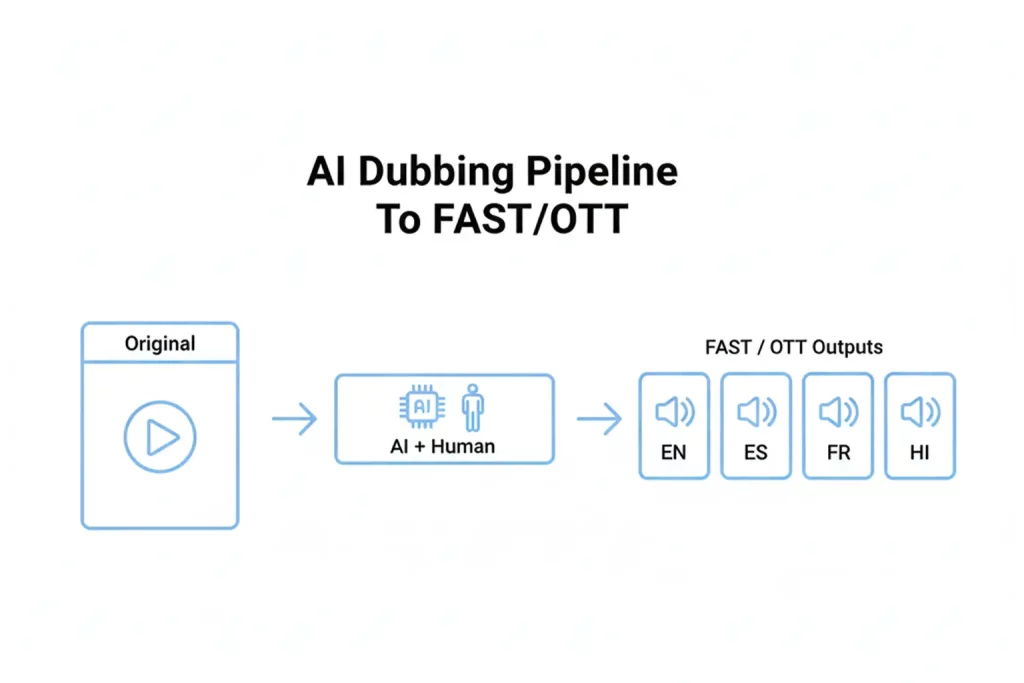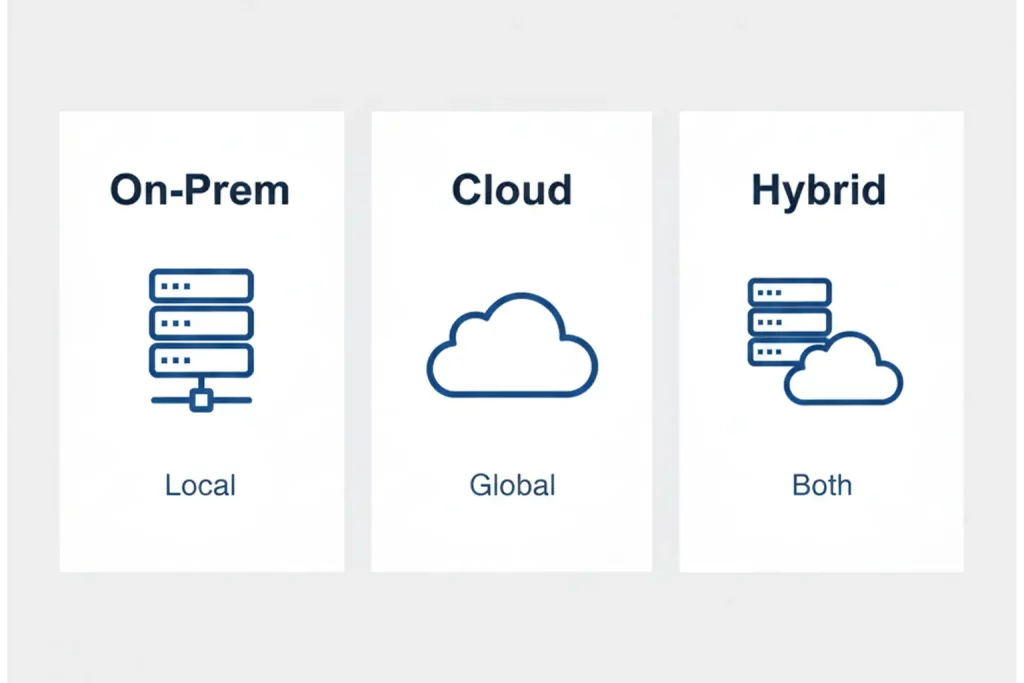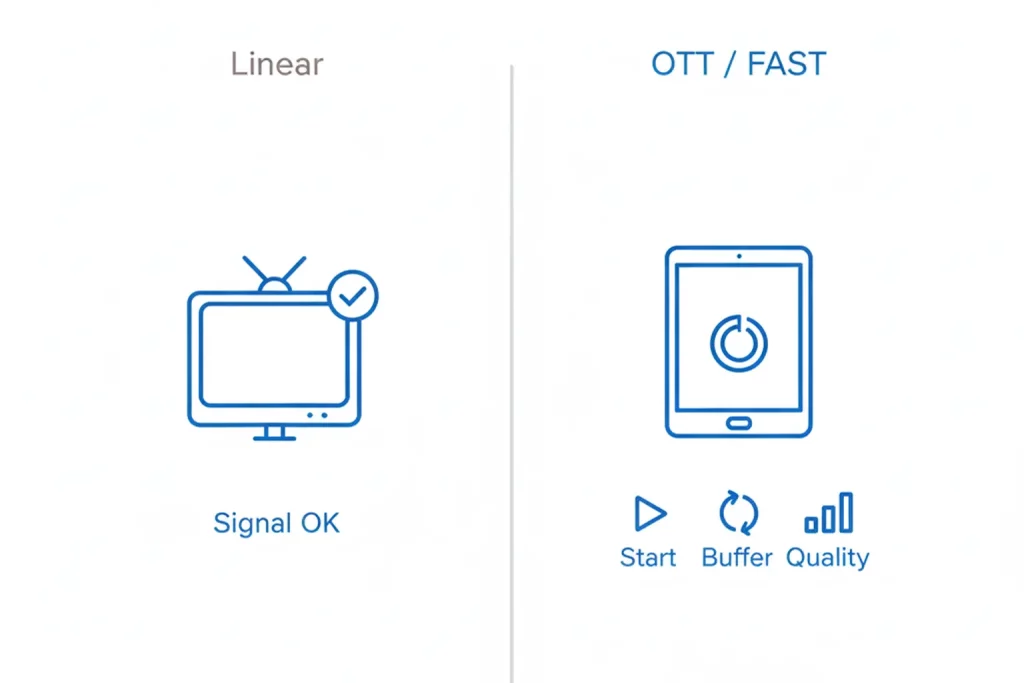Metadata in AI plays a crucial role in how information is organized, discovered, and utilized. It may seem like a small detail, but it’s a game-changer in artificial intelligence. Whether you’re familiar with AI or just dipping your toes in the water, understanding metadata is vital to grasp how AI processes, sorts, and uses data efficiently.
What is Metadata in AI?
Metadata, often described as “data about data,” is the hidden layer of information that provides context, description, and structure to any dataset. In artificial intelligence, metadata ensures that vast datasets are properly categorized and easily searchable, making it easier for AI models to function accurately.
How Metadata Works in AI Systems
In AI, metadata enables systems to identify and classify data, from text and images to audio and video. It provides the context that allows machine learning models to process information efficiently, ensuring faster resource discovery and more accurate outputs. With metadata, AI could interpret the raw data, leading to efficient or flawed results.
The Importance of Metadata in AI
Metadata is the glue that holds AI systems together. Here’s why it’s so important:
- Enhanced Data Organization
Metadata allows data to be structured logically, which helps AI systems identify patterns, relations, and trends within datasets. This organization is critical when dealing with thousands or even millions of data points. - Improved Resource Discovery
With the correct metadata tags, AI systems can quickly locate relevant information, cutting down on processing times and improving the overall efficiency of searches. AI uses metadata like a roadmap to find what it needs in an enormous sea of data. - Smarter Decision-Making
Metadata helps AI understand the context of the data it’s analyzing. This contextual awareness allows AI to deliver more meaningful insights, leading to smarter, more informed decisions in healthcare, finance, and marketing.
How Digital Nirvana Enhances Metadata with AI Solutions
As data continues to expand, the need for precise and automated metadata tagging becomes critical for many organizations. Digital Nirvana, a leader in providing media monitoring and transcription services, understands the complexities of efficiently organizing vast amounts of data. By leveraging advanced AI and machine learning models, Digital Nirvana offers automated metadata generation and tagging services that empower companies to manage their content better.
Through their AI-driven solutions, Digital Nirvana helps businesses optimize their metadata strategies, ensuring that large datasets are easily searchable and organized. Whether it’s for broadcast media, video archives, or other multimedia, their technology ensures faster resource discovery, boosting productivity while reducing manual efforts. With automation taking over tedious tasks like metadata tagging, teams can focus on more strategic initiatives, unlocking greater value from their content libraries.
Using AI for Metadata Tagging to Improve Resource Discovery
As data grows exponentially, manually tagging metadata can be overwhelming and time-consuming. That’s where AI comes in. AI models, particularly those powered by machine learning, can automate metadata tagging, improving speed, accuracy, and consistency.
Automated Metadata Tagging: How It Works
AI algorithms scan data—text, images, or audio—and automatically generate relevant metadata tags. These tags describe the content in a way that makes it easily searchable, categorized, and indexed. Over time, AI models learn to refine these tags based on user behavior, continuously improving resource discovery.
Types of AI Metadata
There are different types of metadata in AI that serve distinct purposes. Understanding these helps break down the complex world of AI systems:
- Descriptive Metadata
This type of metadata provides details about a specific data point, such as the document’s author or the subject of an image. It’s essential for making data identifiable and searchable. - Structural Metadata
Structural metadata shows how different pieces of data relate to one another. It helps define hierarchies and organization within datasets, crucial for AI algorithms to navigate efficiently. - Administrative Metadata
This includes ownership, permissions, and when the data was created. AI uses administrative metadata to handle data securely and ensure access is granted only to authorized users.
AI Metadata Best Practices
To fully leverage AI metadata, it’s essential to follow best practices in tagging, organizing, and maintaining metadata accuracy:
- Ensure Consistency
One of the most important practices is to keep metadata consistent. Inconsistent tagging can confuse AI models, leading to disorganized data and poor search results. - Use Standardized Formats
Utilizing standardized formats for metadata tagging, such as Dublin Core or XML, ensures that the data is readable by your AI system and other systems, should you need to integrate datasets from multiple sources. - Automate Where Possible
AI can handle a lot of the legwork when tagging metadata. Automating this process improves accuracy and saves time, particularly when dealing with large volumes of data. - Regularly Update Metadata
As datasets evolve, it’s important to keep metadata up-to-date. AI models rely on current metadata to provide accurate insights, so regular updates ensure the data remains relevant and useful.
How Metadata Improves AI Model Performance
Metadata significantly impacts how well AI models perform, from improving the speed at which they process information to the accuracy of their outputs. Here’s a deeper look at the role metadata plays in AI’s functionality:
- Efficient Training of Machine Learning Models
Machine learning models rely on large datasets for training; metadata helps streamline this process. By providing a clear structure and description, metadata allows AI to focus on the most important aspects of the data, making training faster and more effective. - Boosting Data Quality
Good metadata practices can enhance the quality of data. Clean, well-organized metadata ensures that AI models are not working with incomplete or irrelevant data, which can skew results or reduce accuracy. - Facilitating Transfer Learning
Metadata makes applying knowledge from one AI model to another easier through transfer learning. By tagging data with relevant metadata, AI can transfer insights and learning from one domain to another, accelerating model development and improving performance across different tasks.
How Industries Use AI Metadata
The impact of AI metadata stretches across many industries. Here are just a few examples:
Healthcare
In healthcare, metadata organizes and categorizes patient records, clinical trials, and research data. This enables AI models to rapidly search for and identify important medical information, improving diagnostics and treatment plans.
Finance
Financial institutions use AI metadata to categorize transaction records, regulatory filings, and customer data. This enables faster fraud detection and ensures that financial models can deliver more accurate insights into risk and opportunity.
Marketing
In marketing, metadata helps AI sort customer data and behavioral insights. This data is then used to personalize campaigns and improve audience targeting, resulting in more effective marketing strategies and higher ROI.
How Businesses Can Make Better Data-Driven Decisions with Digital Nirvana’s Metadata Solutions
In today’s fast-paced industries, AI-powered metadata isn’t just a nice-to-have—it’s a necessity. Digital Nirvana provides cutting-edge AI solutions that allow businesses to streamline their content workflows and make smarter, data-driven decisions. Enhancing metadata quality helps organizations gain deeper insights into their data, improving everything from content categorization to resource management.
Digital Nirvana’s services go beyond basic transcription and monitoring, as their AI technology refines and enriches metadata with unparalleled accuracy. This not only enhances searchability but also ensures that companies can easily extract actionable insights from their data. From media companies looking to improve content discoverability to research firms needing accurate data annotation, Digital Nirvana’s AI-driven metadata services provide a comprehensive solution for businesses looking to stay ahead in the age of information overload.
Common Metadata Challenges in AI
While metadata is incredibly valuable, there are challenges to consider:
- Inaccurate or Incomplete Metadata
If metadata needs to be included or corrected, AI systems may be able to interpret data properly, leading to accurate results. - Metadata Overload
Too much metadata can overwhelm AI systems, especially if irrelevant data is tagged. This can slow down processing times and reduce model efficiency. - Privacy Concerns
Metadata often contains sensitive information, especially in industries like healthcare and finance. Ensuring that metadata is handled securely and complies with regulations is critical to avoid privacy breaches.
The Future of AI and Metadata
The role of metadata in AI is set to grow as technology advances. With the increasing adoption of AI in every sector, efficient data organization and discovery will continue to be essential. AI-driven metadata tagging will evolve to handle even more complex datasets, allowing for faster, smarter decision-making.
Conclusion
AI metadata is the backbone of artificial intelligence systems. It organizes, classifies, and contextualizes data, allowing AI to deliver more accurate and efficient results across industries. From enhancing machine learning to improving resource discovery, metadata is essential for the future of AI. Ready to get started with AI metadata in your organization? Now’s the time to streamline your data processes and unlock AI’s full potential.
Digital Nirvana: Empowering Knowledge Through Technology
Digital Nirvana stands at the forefront of the digital age, offering cutting-edge knowledge management solutions and business process automation.
Key Highlights of Digital Nirvana –
- Knowledge Management Solutions: Tailored to enhance organizational efficiency and insight discovery.
- Business Process Automation: Streamline operations with our sophisticated automation tools.
- AI-Based Workflows: Leverage the power of AI to optimize content creation and data analysis.
- Machine Learning & NLP: Our algorithms improve workflows and processes through continuous learning.
- Global Reliability: Trusted worldwide for improving scale, ensuring compliance, and reducing costs.
Book a free demo to scale up your content moderation, metadata, and indexing strategy for your media assets with minimal effort and get a firsthand experience of Digital Nirvana’s
FAQs
1. What is AI metadata?
AI metadata is information about data that helps AI systems identify, classify, and organize datasets for more efficient processing and resource discovery.
2. How does AI use metadata?
AI uses metadata to understand the data context, making it easier to search, categorize, and analyze. This enables AI to deliver more accurate insights and improve decision-making.
3. Why is metadata necessary for AI models?
Metadata is crucial for AI models because it helps structure data, improving searchability, training speed, and the overall quality of machine learning algorithms’ output.
4. Can AI automatically tag metadata?
Yes, AI can automatically generate metadata by analyzing text, images, or videos. This process streamlines tagging, improves accuracy, and saves time.
5. What are some common challenges in AI metadata?
Common challenges include inaccurate metadata, metadata overload, and concerns over privacy and security when handling sensitive information.




